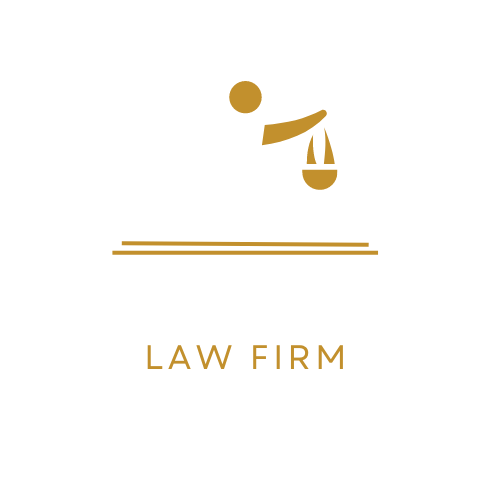Nearly 200 accredited law schools in the US award the Juris Doctor degree (JD). Admission typically requires both a bachelor’s degree and an acceptable score on the Law School Admission Test.
Law school courses typically encompass torts, contracts, legal writing and research techniques, property law, criminal justice systems and constitutional law – plus practical experience through mock trials and other experiential exercises. Many law schools also provide experiential exercises like mock trials.
205 ABA Approved Law Schools
American Bar Association-accredited law schools currently boast 205 law schools that can qualify students to take the bar exam in any state. Furthermore, this organization has taken measures in the past to revoke accreditation for schools failing to meet certain standards; on several occasions this action has occurred.
InfiLaw schools have come under scrutiny from the American Bar Association (ABA), with Ave Maria School of Law being subjected to public scrutiny recently as it has been found out of compliance or placed on probation by Atlanta’s John Marshall Law School, Appalachian School of Law, Valparaiso University School of Law, Appalachian School of Law and Atlanta John Marshall Law School being among those named by ABA officials as being noncompliant or probationed respectively.
Cooley was recently accused of breaking an American Bar Association standard regarding admissions by admitting applicants who appeared incapable of passing the bar examination – violating Standard 501(b). As a result, the ABA stated it will continue monitoring admission policies at Cooley.
32 Non-ABA Approved Law Schools
Most law schools in the US are accredited by the American Bar Association. However, some students opt for non-ABA schools due to lower tuition fees and more accommodating schedules – making these non-ABA schools ideal for individuals balancing work with family life commitments.
Non-ABA law schools also offer more personalized approaches to learning, with smaller student enrollments and greater emphasis on individual teaching and mentoring compared to ABA-accredited schools. This can help ensure success in the legal field even for those who do not meet LSAT or GPA requirements for such institutions.
While the American Bar Association does not officially endorse non-ABA schools, those that meet its standards and undergo full site evaluation every 10 years are known as provisionally approved schools and can allow their students to take the bar exam in any state; however they will not benefit from name recognition or job opportunities afforded to those from most ABA-accredited schools.
Cost of Attending a Law School
Law school tuition costs may seem like an insurmountable burden when considering their legal career path, but students should know there are scholarships and grants dedicated to law students which can reduce attendance costs significantly.
Law students pay an average tuition cost of around $29,610 annually; this does not account for other costs such as textbooks, supplies and transportation costs.
Prospective law students must carefully weigh the costs against their long-term career goals and personal financial circumstances before enrolling in law school. With many graduates leaving with over $100,000 in student debt, it’s critical that prospective law students decide if law school is right for them. Some may choose law for its prestige and prestige-seeking aspects while others choose it out of moral duty; examples such as Ruth Bader Ginsburg, Barack Obama, and Mahatma Gandhi who all became lawyers are all examples.
What to Expect in Law School
Law school differs significantly from undergrad, and its first year can often be the hardest. Students need to adjust to a new teaching method and new course material that may require extensive library research. Many schools also provide extracurricular activities and student organizations designed to enhance classroom learning – these might include journals dedicated to particular legal fields as well as student organizations focused on particular legal fields.
Professors frequently employ Socratic teaching methods, using individual student responses to pose Socratic-style questions about understanding of an assignment or case study. The questions aim to help develop students’ logical reasoning skills while simultaneously helping them examine issues more thoroughly.
Selecting an ideal law school requires careful consideration of many factors, including class size, academic strength and reputation, employment and bar passage rates post graduation as well as informational interviews with alumni of their desired law schools as well as legal professionals to learn more about their careers. Furthermore, applicants should think carefully about their experiences that can translate to an efficient legal career.

